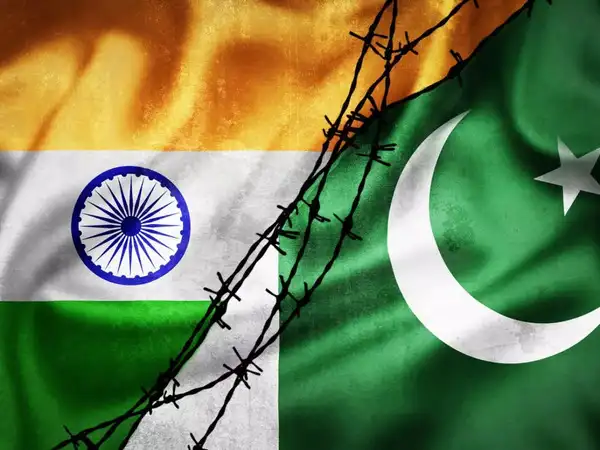India has instituted a comprehensive ban on the importation of goods from Pakistan, encompassing both direct and indirect channels, effective immediately. The announcement was made via a notification from the Directorate General of Foreign Trade (DGFT) and is primarily motivated by national security and public policy considerations. This decisive action follows the tragic Pahalgam terror attack that occurred on April 22, resulting in the deaths of 26 individuals, predominantly tourists.
Under this new regulation, the transit of goods that originate from or are exported to Pakistan is strictly prohibited. Any exceptions to this rule will require prior approval from the Government of India. This policy is part of a larger initiative to bolster security precautions in response to ongoing threats from cross-border terrorism. Historically, imports from Pakistan have constituted a mere 0.0001% of India’s total imports for the fiscal year 2025, with the primary goods being fruits, nuts, medicinal plants, and organic chemicals.
In recent years, trade relations between the two nations have already been significantly strained. Following the 2019 Pulwama terror attack, India raised import duties on Pakistani goods, effectively curtailing most trade. This was met with a retaliatory suspension of trade ties from Pakistan, exacerbating the already challenging economic relationship.
In addition to the import ban, the Indian government has enacted a series of additional measures in the wake of the Pahalgam incident. These include the suspension of the Indus Water Treaty, the expulsion of Pakistani military attaches from the country, and the closure of the Attari land-transit post. In response, Pakistan has similarly halted all trade to and from India, including routes that transit through third-party countries.
The historical backdrop to this latest development is characterized by a fraught relationship between India and Pakistan, driven by enduring conflicts such as the Kashmir issue and persistent incidents of cross-border terrorism. India’s latest decision reflects an ongoing commitment to safeguarding its national interests amidst a complex geopolitical landscape.







